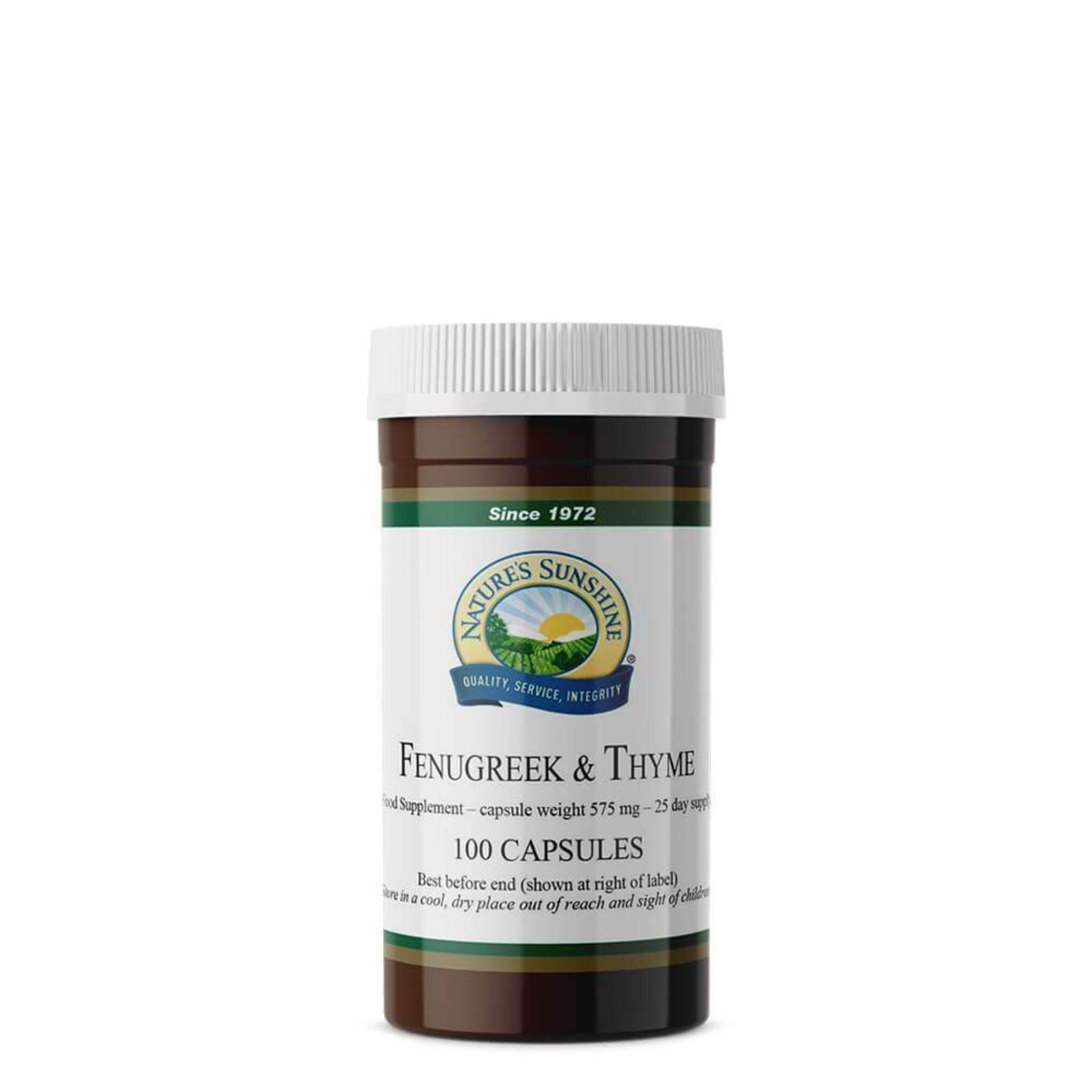
Your respiratory system is a vital function that helps keep your body healthy and working as it should. It’s responsible for taking in the oxygen your body needs and expelling carbon dioxide and other waste gases and toxins.
Good respiratory function is vital to overall health and wellbeing, and there are many things you can do to keep your lungs and respiratory system working as they should.
However, poor lung health and the way the body reacts to allergens – such as pollen, animal fur, dust and other airborne pollutants – can have a profound impact not only on your respiratory system but also on your overall wellbeing.
Here, we take a closer look at the importance of the respiratory system and the role it plays in keeping your body happy and healthy.
WHY IS YOUR RESPIRATORY SYSTEM IMPORTANT?
Your respiratory system is made up of your nose, throat, windpipe and lungs. It works in tandem with your circulatory system to keep your vital organs and key body systems functioning as they should. Every time you breathe, you draw air into your body. Your lungs process and transfer the oxygen from each breath you take into your bloodstream, which your heart then pumps around your body to the cells, muscles and organs that need it.
When you exhale, you get rid of the carbon dioxide and other waste gases and microbes filtered out by your lungs. So, keeping your respiratory system in good working order is vital. Smoking, air pollution, humidity, pollen and other environmental issues can all cause respiratory problems, which can have a knock-on impact on your overall wellbeing.
Weight problems and genetics can also affect your respiratory health. So, if you take care of your lungs today, you’re more likely to have fewer breathing problems later in life.
HOW TO SUPPORT YOUR RESPIRATORY SYSTEM NATURALLY
Good lung function is vital to overall health and wellbeing, and there are many things you can do to keep your lungs and respiratory system working as they should. However, maintaining a healthy respiratory system can be challenging. Your lungs are different from most of your other vital organs because they are exposed directly to the external environment. Anything you breathe in can affect their delicate tissues and blood vessels, including germs and bacteria, smoke, chemical vapours, dust and other pollutants.
Long-term exposure to toxins and pollutants can lead to many respiratory health issues, from allergies and asthma to pneumonia and chronic obstructive pulmonary disease (COPD). Pollutants and allergens are all around us, in the air we breathe, at home or work and even in the places we socialise.
However, because we are exposed to many common allergens every day, our bodies build up natural immunity. Unfortunately, some common conditions, such as hay fever or other allergies, affect different people in different ways. And because your lungs are not immune to the ageing process, your lung function can decline the older you get, especially if you smoke or are regularly exposed to airborne pollution at work.
Exercise and diet play a big part in keeping your lungs and blood vessels healthy. Aerobic exercises such as walking, swimming, cycling, running or dancing can all help improve blood flow and circulation, which, in turn, can improve lung function and endurance.
Plenty of fresh air, not smoking and avoiding pollution will also help. When it comes to diet, there are a few foods you should incorporate into your diet to supercharge your respiratory health. Beets and beet greens are rich in nitrates, the natural compounds that help relax blood vessels, reduce blood pressure and optimise oxygen uptake and lung function. Peppers are an excellent source of Vitamin C. This powerful antioxidant can help undo the damage caused to your lungs by oxidative stress caused by smoking and pollution. Studies have found that apples have been associated with a slower decline in lung function in ex-smokers, due to their high concentration of antioxidants, including flavonoids and Vitamin C. Apples can also lower your risk of developing asthma and other chronic lung conditions. And the brightly coloured flesh of pumpkin contains a variety of lung-boosting plant compounds, including beta carotene, lutein and zeaxanthin, all of which are powerful natural antioxidants with anti-inflammatory properties.

Eating well and supplementing your diet with the nutrients your body needs can have a positive impact on your respiratory health, as well as helping to boost your immune system and enhance your general wellbeing. Fenugreek & Fennel is our key system product for the respiratory system. It’s a traditional formula used by nutritionists which provides specific nourishment for the lungs. Good lung function helps protect the body from seasonal airborne substances, and Fenugreek & Fennel was developed with this in mind. It contains gel-like compounds known for their ability to soothe tissues, and is a herbal source of Selenium, a vital antioxidant that helps the body utilise oxygen.
We also offer a wide range of supplements that support better respiratory health and help build your body’s defence against allergens. Like all Lily & Loaf’s supplements, they use premium ingredients and are manufactured to the highest ethical and sustainability standards.
We also offer a wide range of Lily & Loaf organic essential oils, which use the complex aromatic and health-boosting properties from some of the finest botanicals to help you relax, de-stress and breathe more easily.
Check out these links to our products and collections to find out more:
















